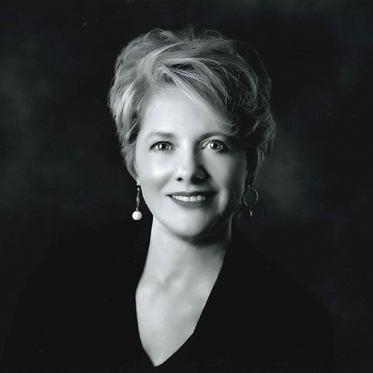Kathy Panther

Scroll Content
What is the best advice you received from a CHS faculty member?
A professor supervising a therapy session advised me that my patient was not deaf indicating I needed to tone myself down. In my initial therapy sessions, apparently my exuberance and vocal volume were a bit overwhelming. I believe this was due to my lack of self regulation and self awareness. I was all in for the patient, and did not see how I was presenting myself. Her simple advice stayed with me and reminded me to practice self modulation in my clinical and professional interactions.
What do you love about your job?
Human interaction is both enriching and challenging. Everyday on the job as a SLP and a hospital leader, I interacted with hundreds of people. Some were struggling with life altering medical conditions, while others were providing or supporting their care. I loved being in the thick of it all. I love teaching, mentoring, encouraging, and problem solving with people. There was no shortage of opportunities for team interaction.
How do you stay inspired professionally?
I was lucky enough to find inspiration on the job pretty much every day I worked. Our patients and their families were dealing with catastrophic medical conditions. I was continually inspired by observing the resilience of the human body and spirit, the dedication and love of family members, and the compassionate skills of the team.
What advice do you have for students in CHS now?
Communication, thinking and eating are such crucial and meaningful components of our lives together. Speech language pathology is a beautiful and challenging profession. Respect your patients, their families, and their experiences. Learn from them. Let go of the notion that you are the expert and you are going to fix them. Collaborate with them. Remember they have lived lives before they became your patients. Honor the persons they are by recognizing they are not just patients with medical conditions. Listen to them. Notice the resilience. Be amazed. Be inspired. Be grateful for the opportunity to impact lives and to be impacted by them. Gratitude propels you upward into a higher mood state that can lead you to creativity, personal satisfaction, and healthy relationships. Gratitude smooths out the rough days and keeps you going when the challenges are great. I recommend you find ways to make gratitude practice an intentional part of every day.
What do you hope to accomplish now in health care?
I have grave concerns about health care accessibility. In my world of rehabilitation, I have watched the length of stay in acute rehab and the number of outpatient visits allowed drastically reduce. Patients and their families are left stranded without resources. I would like to assist in the efforts to ensure adequate healthcare is a right for all.